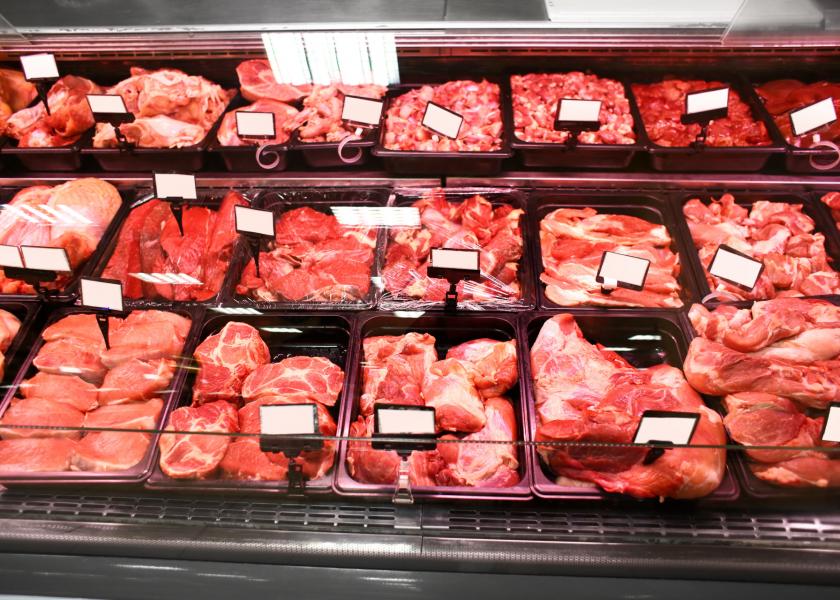You Are What You Eat: Focus Shifts to Animal Diets

According to results of a recent survey funded by the United Soybean Board, the old saying, “You are what you eat,” is not only about consumers. It's about what animals eat, too.
While many consumers are concerned about their own diet, the survey found that nearly 70% of respondents say animal diet is extremely or very important to their decision-making process. This is an increase from 51% in 2019.
Specifically, the respondents are looking for meat from animals fed a high-quality, nutritious diet (51%) and raised humanely (49%), with knowledge of where the meat comes from also a top concern (47%), explains the USB report.
Desire for U.S. Meat
There's good news for U.S. livestock producers.
The survey found that 41% of consumers are willing to pay significantly more for meat coming from animals that were born and bred in the U.S.
The report notes that older generations are looking for meat from domestically raised animals, with 60% of Boomers and 50% of Generation X consumers prioritizing meat from animals raised and fed by U.S. producers.
Food Labels
Not only do consumers want to know where their meat was raised, they are taking the time to look at food labels before making a purchase.
Based on answers from the 2,000-plus consumers surveyed, results show that nearly all U.S. shoppers pay some attention to food labels. The survey found:
- 63% of consumers almost always read food labels
- 33% sometimes pay attention to food labels
- 4% do not often pay attention to labels
“It's inspiring to see the growing support for inclusive label transparency rather than exclusive marketing tactics,” says Wendy Vlieks, vice president of communications for USB, in the release. “This emphasizes the pivotal role of factual information on food labels across the food industry, where informed choices directly influence consumer behavior.”
Animal Diet
For producers, the importance of animal feed is multi-faceted. Considering cost and nutrition needs, producers carefully consider the needs of animals and how it affects their bottom lines. Meanwhile, survey results found that animal feed is also important to consumers.
Specifically, 43% of consumers are more likely to purchase meat if the labels indicate the animals were fed a vegetarian diet including soybeans. Furthermore, consumers place a higher importance on antibiotic-free meat, or from animals not fed synthetic ingredients, compared to animals fed a vegetarian diet or soybeans.
“It’s no secret that for poultry, livestock and seafood, U.S. soybean meal is an excellent source of nutrients including protein, which is why we grow our own soybeans to feed the pigs on our farm,” says Carla Schultz, checkoff farmer-leader and soybean and pig farmer from Michigan in the USB release.
Among the list of top ingredients in animal feed, corn, wheat and soybeans are what consumers prefer to see.
As a producer, it's important to understand the end destination of your product raised—the consumer's table, and how these survey results might be worth exploring in your operation.
Read More:
5 Emerging Types of Consumer: A Breakdown of Meat Eaters







